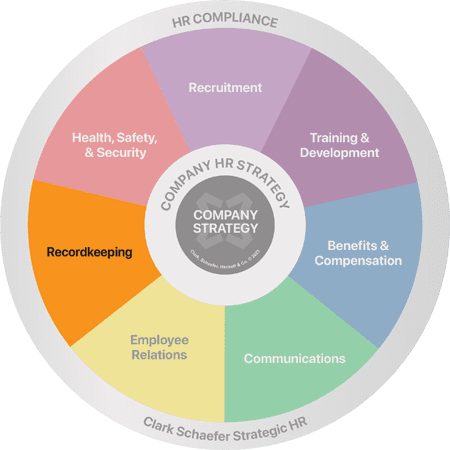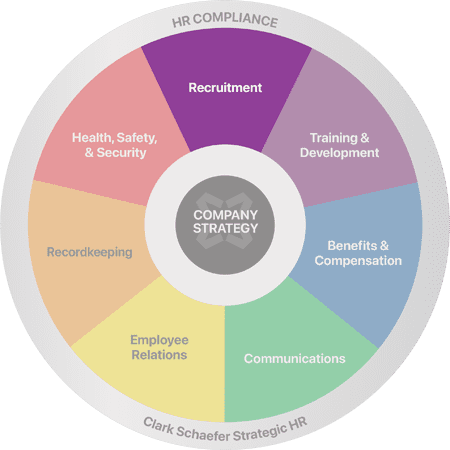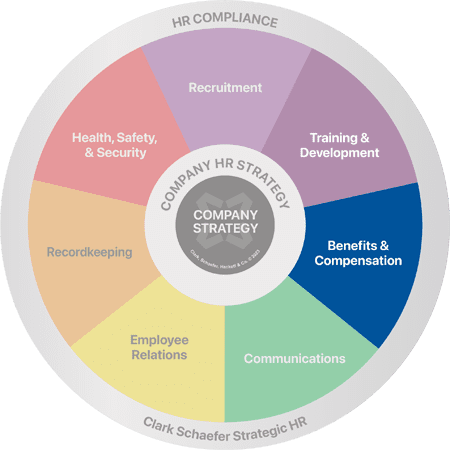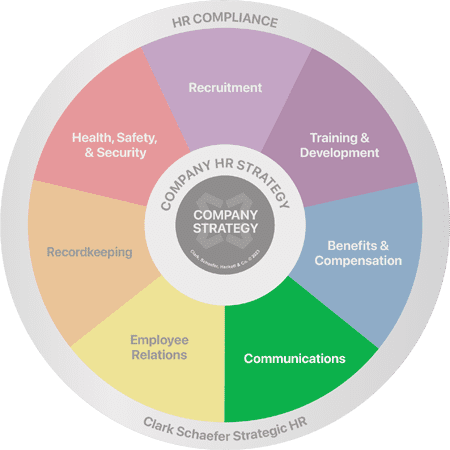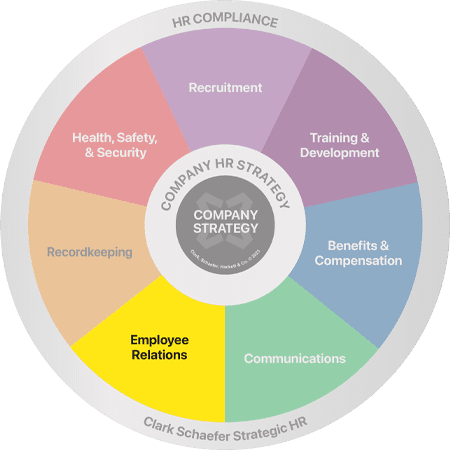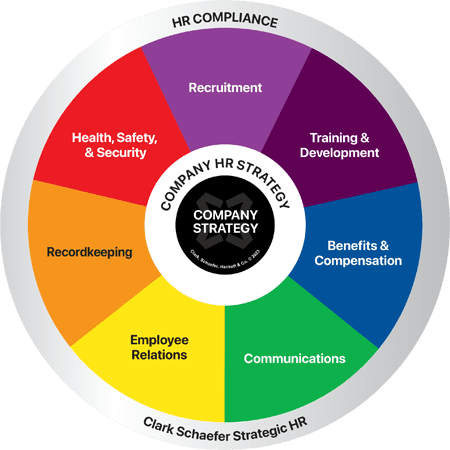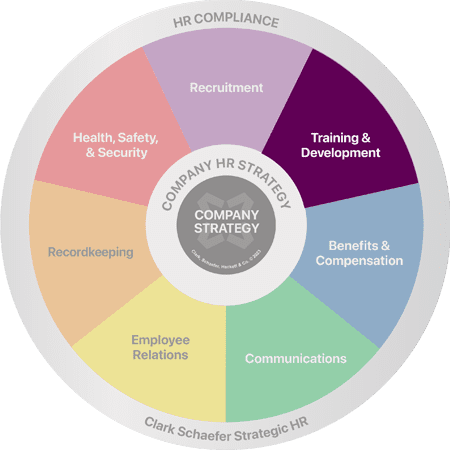Federal Employment Poster Requirements for On-Site and Remote Workers
Last Updated on June 26, 2025 / HR Compliance, Recordkeeping

HR Question:
I keep receiving notices that I need to order new posters to meet federal employment poster requirements. Many of my employees aren’t in the office regularly and those that are don’t look at the posters or any of the compliance documents we are required to distribute. What’s the risk if we don’t post these posters or distribute the annual notifications to employees? Eliminating this task would save me and the company a lot of time and money.
HR Answer:
Even if you feel employees are not reviewing the posters, there’s still a compelling reason to provide them. The Department of Labor (DOL), the Equal Employment Opportunity Commission (EEOC), and the Employee Retirement Income Security Act (ERISA) require these employment postings and notices. And organizations that don’t comply with the requirements can be fined.
To save time, you can purchase a package of posters from a reputable vendor. This can be an easy, but potentially costly, way to fulfill the necessary poster requirements. However, if you would like a more cost-conscious solution, the DOL has a great option. Their Workplace Posters Overview provides a list of the necessary posters, along with links to downloadable posters in multiple languages.
Did you know that poster requirements can vary by company size and industry? If you’re not sure what federal posters your organization is required to provide, the DOL created the FirstStep Poster Advisor as an interactive, step-by-step guide to help you with poster compliance.
How to Meet Remote Employee Poster Requirements
As many employers have shifted their workforce to a remote or hybrid work model, these employers have to shift their typical in-office practices to meet the Department of Labor’s requirements for their remote employees. To remain in compliance, the DOL requires employers to post labor posters electronically in a file that is accessible by everyone. Also, the file should not be password protected.
Employees must be able to find employment posters for their organization regardless of their work location. So if employers have a hybrid work model, a best practice is to have posters physically posted at the worksite while also including the electronic version of the posters on an accessible intranet.
Penalties For Not Following Federal Employment Poster Requirements
If you are still asking yourself if it’s worth the hassle and expense, consider the potential penalties for non-compliance. In January 2022, the penalties for failure to post and/or provide notifications increased. Although some of the fines may not seem significant, they can add up quickly. According to the Federal Register, here is a sampling of the new maximum penalties for violating the following posting requirements:
- $189 — Family and Medical Leave Act (FMLA)
- $14,502 — Job Safety and Health: It’s the Law (OSHA)
- $23,011 — Employee Polygraph Protection Act (EPPA)
For notifications, the Employee Retirement Income Security Act (ERISA) has significant fines for:
- Failure to provide the Summary of Benefits and Coverage (SBC) Plan Description ($1,362 per failure)
- Failure to provide an automatic enrollment notice for your 401(k) plan ($2,046 per day per person)
The Federal Register Poster Fine Reference provides details for all the fines you can incur for failure to comply.
Don’t Forget About State-Mandated Posters
In addition to federal posters, you may also be required to provide state posters. Here are links to posters required by Ohio, Kentucky, Indiana, and all other states. We recommend consulting with your legal counsel to ensure that you provide all of the posters that are appropriate for your organization.
As you can see, there could be several employment posters that your organization is required to post. So, if you think you are going to save time and money by not posting these materials, you may want to reconsider the potential fines and penalties that could result from non-compliance. Is it worth the risk?
Thank you to Patti Dunham, MBA, MA, SPHR, SHRM-SCP, Director of HR Solutions for contributing to this HR Question of the Week.
Recordkeeping is one of the more mundane tasks associated with Human Resources, but it is extremely important and can get you into hot water if not done properly. Learn how Clark Schaefer Strategic HR can help with your HR Compliance and Recordkeeping needs. Feel free to Contact Us with any specific questions you may have.

